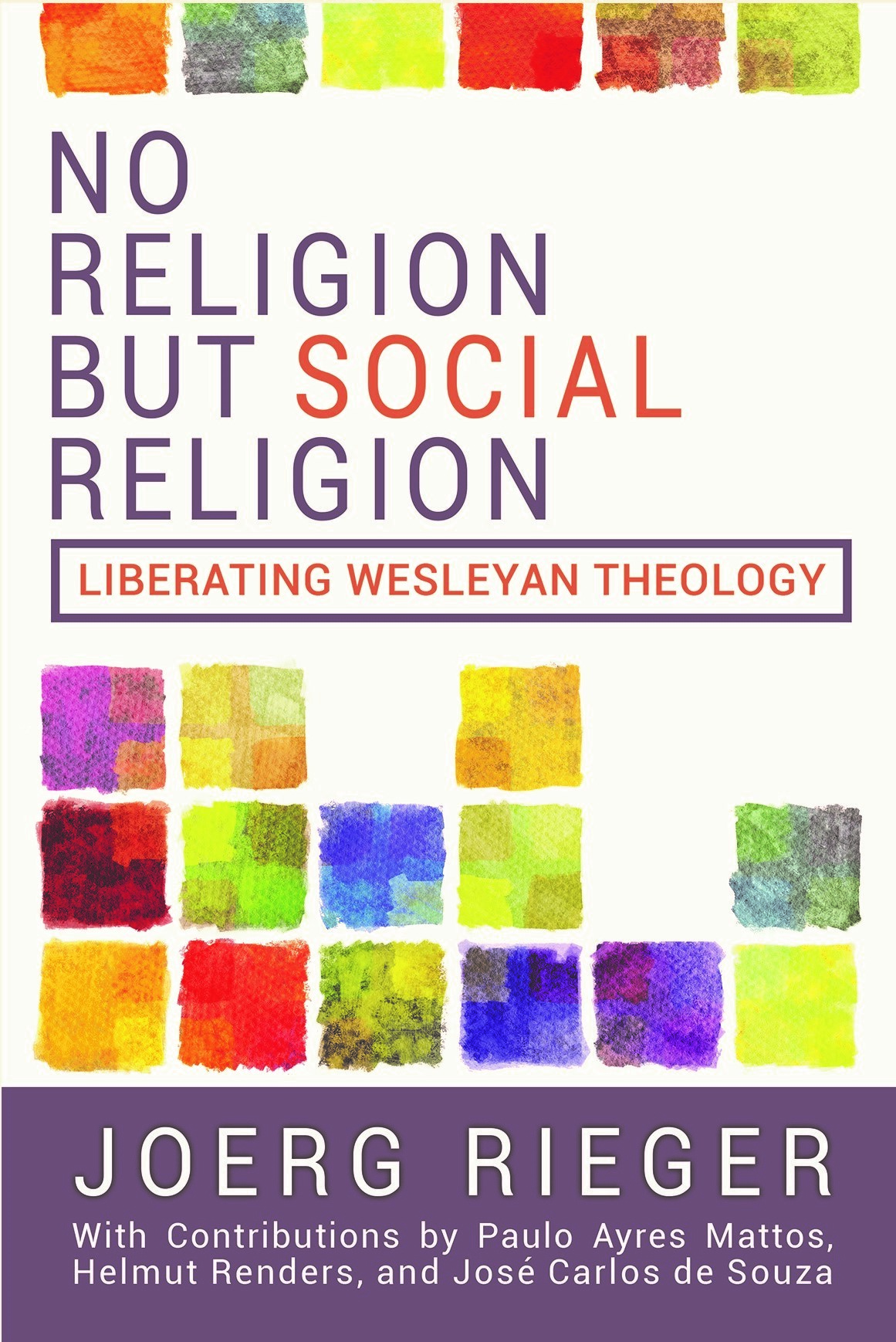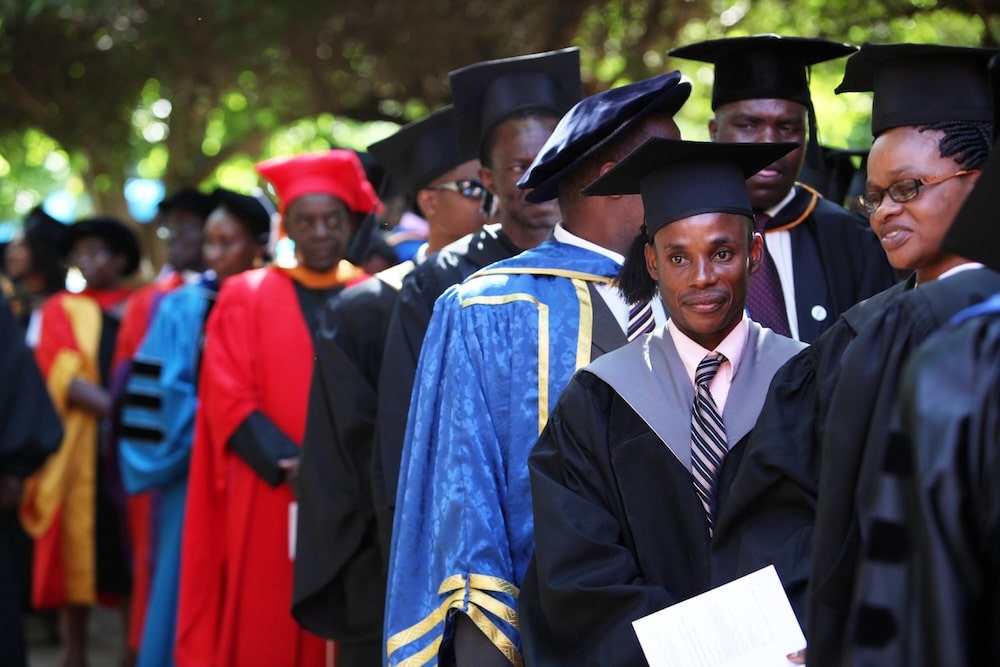No Religion but Social Religion: Liberating Wesleyan Theology

Grace changes everything.
This book invites you to rethink core concepts of the Christian faith in the invigorating, life-giving light of grace that has the power to free us and change everything. We all live with the pressures of life, but those at the margins of society struggle mightily. Too many of us, who enjoy some of the privileges of life, are preoccupied with ourselves, our problems, our idiosyncratic view of self and other. We cannot see the possibilities of life that lay beyond us. But we cannot formulate hopes and dreams for the future without re-envisioning our self-serving images of God, unless… This book is not about religion or morality. It is about grace, grace that works in, and sometimes through, the grit of everyday life to liberate us in sync with the struggles of others around the world.
More information can be found here.
Praise for No Religion but Social Religion Liberating Wesleyan Theology
Joerg Rieger tackles difficult, contemporary issues related to race, class, gender, and sexuality. He skillfully relates them to Wesleyan perspectives on sin, grace, salvation, and the role of the church. Throughout his book, he amplifies the voices of Methodist liberation theologians from the Americas, Europe, Asia, and Africa. Graciously including edifying essays by José Carlos de Souza, Helmut Renders, and Paulo Ayres Mattos, Rieger’s No Religion but Social Religion: Liberating Wesleyan Theology is a strong addition to his oeuvre, in which John Wesley’s legacy attains fresh, contemporary significance.
—Josiah U. Young III, Professor of Systematic Theology, Wesley Theological Seminary
The theology of John Wesley, though projected from an historical past, is capable of serving as a living and dynamic force in the world and in contemporary theology. This volume impressively captures the voices of Wesleyan scholars working around the world on behalf of liberation and social holiness. The authors creatively and contextually reinterpret theological themes and ethical commitments in the Methodist tradition, breathing new life and relevance into each. I hope this volume will become a standard for those studying Wesleyan and liberation theologies and for those on the front lines seeking justice in the world.
—Bryan P. Stone, Associate Dean for Academic Affairs; E. Stanley Jones Professor of Evangelism; Co-Director of the Center for Practical Theology, Boston School of Theology
Joerg Rieger is Cal Turner Chancellor’s Chair of Wesleyan Studies, Distinguished Professor of Theology at the Divinity School and Graduate Department of Religion, Vanderbilt University. An internationally recognized scholar and activist, he engages in questions of liberation, theology, and economics, addressing the relation of theology to public life. Rieger is the author of many books, including Globalization and Theology; No Rising Tide: Theology, Economics, and the Future; and Christ and Empire: From Paul to Postcolonial Times. A popular speaker, Dr. Rieger travels extensively, lecturing in churches and universities all over the world.
Paulo Ayres Mattosis is President of the Graduate Ecumenical Institute of Religious Science, São Bernardo do Campo, São Paulo, Brazil.
Helmut Rendersis an elder of the Methodist Church in Brazil; Professor, Graduate Program of Religion; School of Communication Education and Humanities and School of Theology, Methodist University of São Paulo, Brazil.
José Carlos de Souzais an elder of the Methodist Church in Brazil; Doctor in Religious Science by Methodist University of São Paulo; Professor in School of Theology, Methodist University of São Paulo, Brazil.





